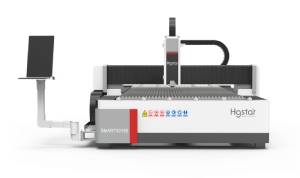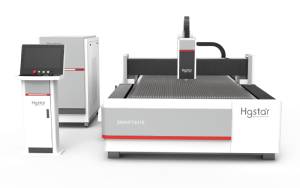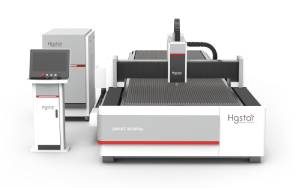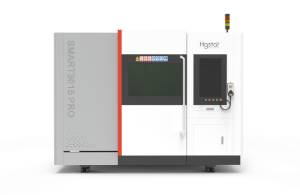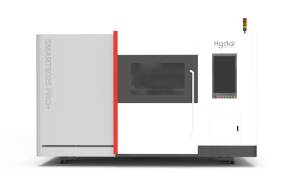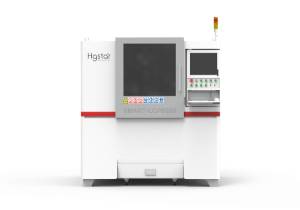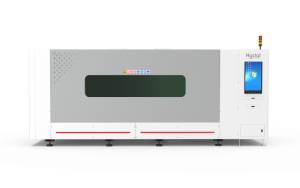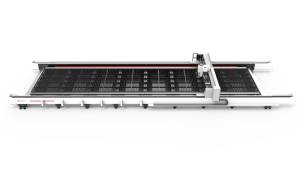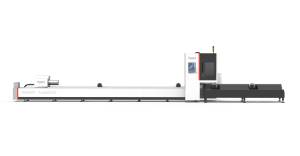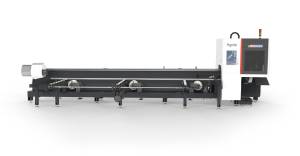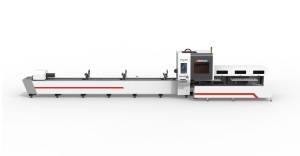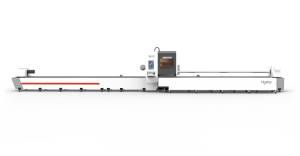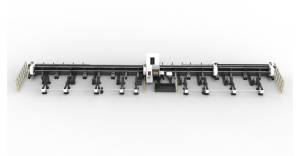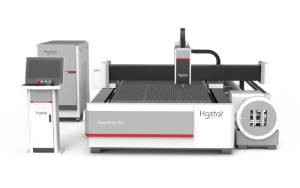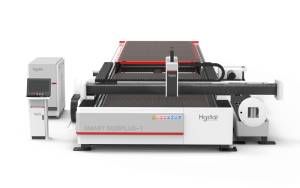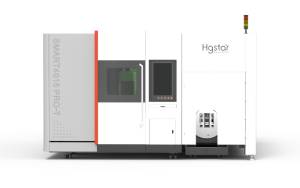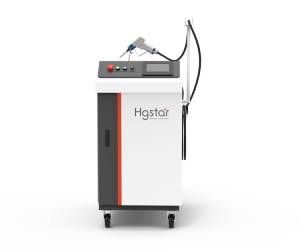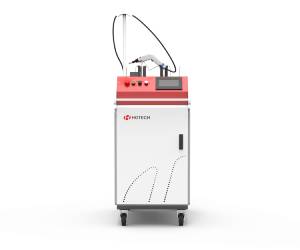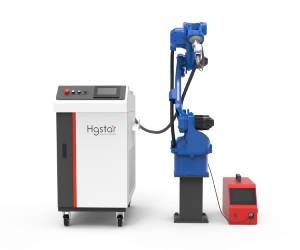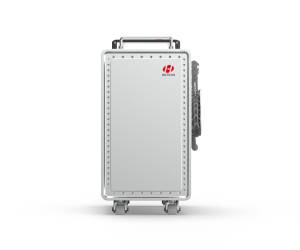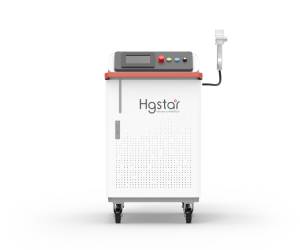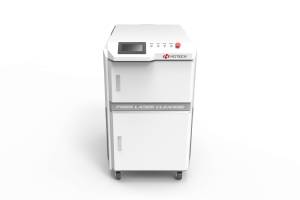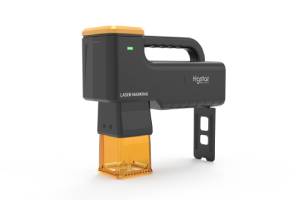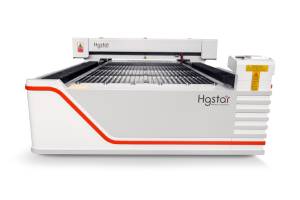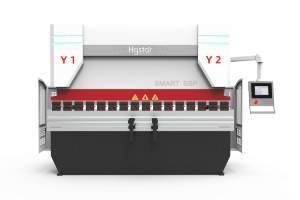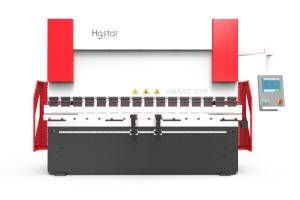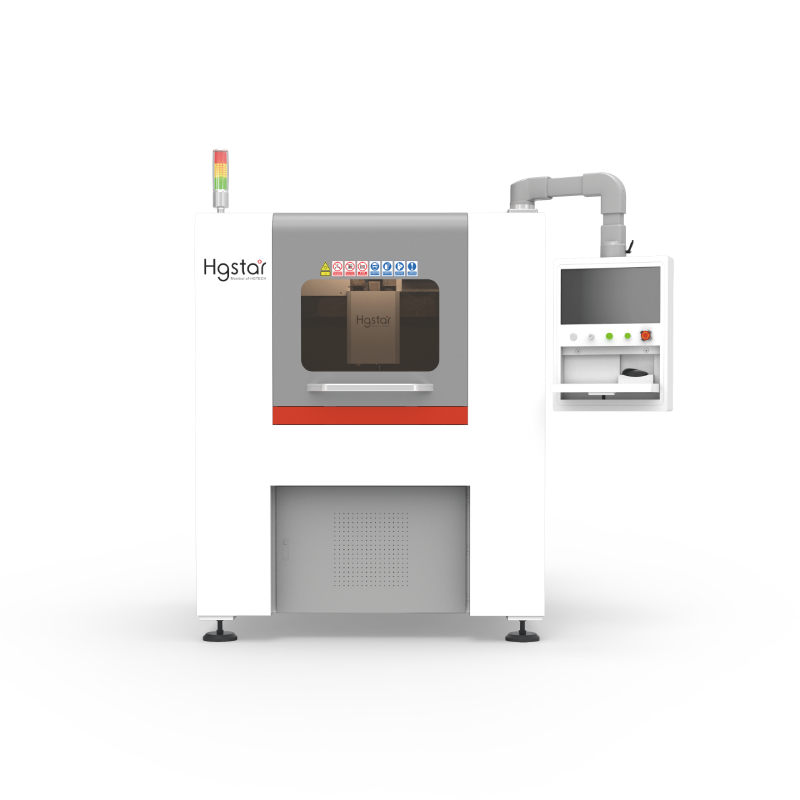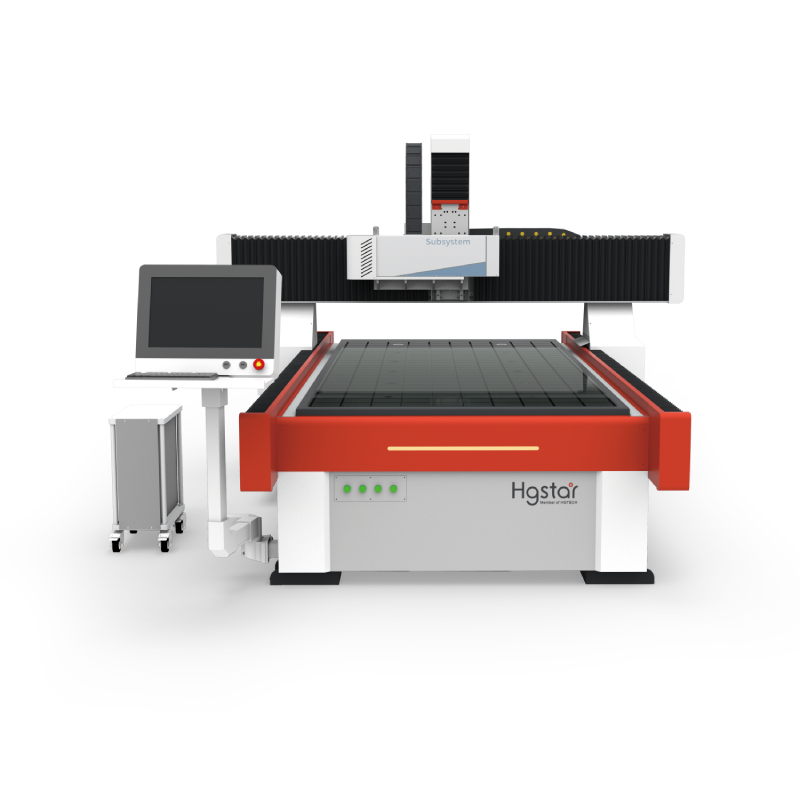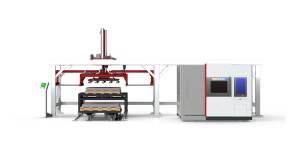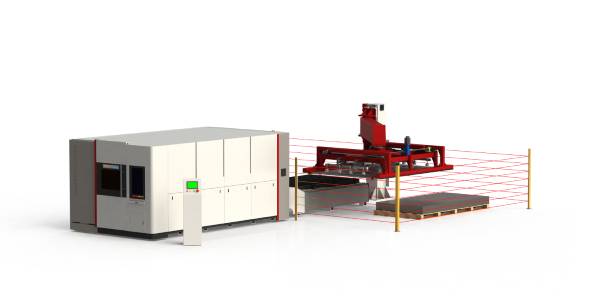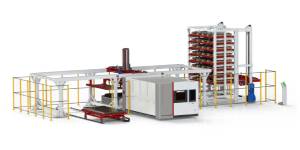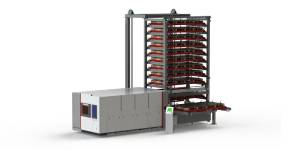Projects
Development Trend Of Laser Cutting Steel For Ships
Steel consumption in shipbuilding industry
Steel is the main raw material for shipbuilding, and the main types of steel used in ships include shipbuilding plates, section steel, and supporting welding materials. The demand for shipbuilding plates, mainly medium thick plates, accounts for about 80% to 90% of the total demand for shipbuilding steel. With the development of large-scale and lightweight ships, the demand for high-strength and wider sheet metal will increase in the future, and the technical requirements for ultra large laser cutting machines and large-area cutting machines will be higher.
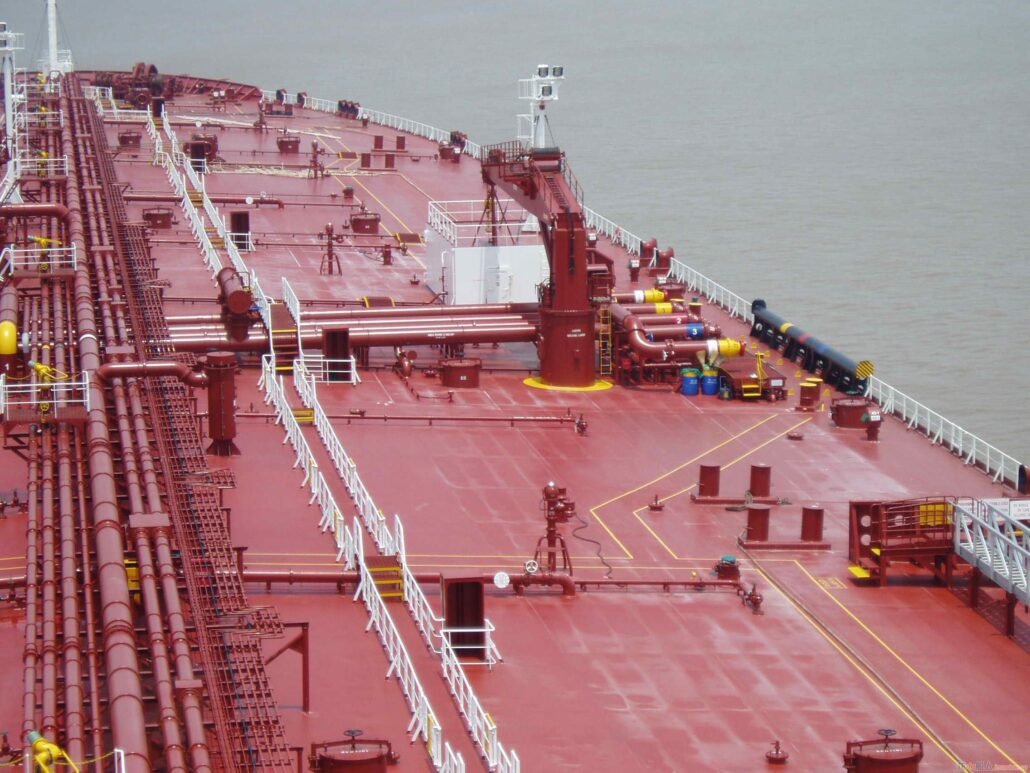
Development Trends of Steel for Shipbuilding Industry
The future development of the shipbuilding industry will continue to trend towards lightweight, large-scale, safety, and longevity. At the same time, with the continuous development of ships and marine engineering, new requirements have been put forward for high-quality steel used in ships. High strength, high toughness, good corrosion resistance, and easy weldability will be the main development direction.
High strength and toughness are the basic requirements for shipbuilding steel. With the development of ships towards large-scale and lightweight directions, the strength demand for ship steel plates is gradually increasing. At present, high-strength steel with a strength of 390 MPa has been widely used in large bulk carriers and container ships. It is also possible to produce steel with a strength grade of 550 MPa or above based on the TMCP process. The application of higher strength steel in ship structures will be further expanded in the future.
Under the trend of ship safety and longevity development, steel for ballast tanks and crude oil tanks has put forward higher requirements in terms of corrosion resistance. The development of corrosion-resistant steel can effectively reduce the corrosion rate of ship plates, improve the service life and operational safety of ship plates. As an alternative measure for coating corrosion prevention, the application of corrosion-resistant steel is also beneficial for improving shipbuilding efficiency, which can to some extent reduce ship construction and shipping costs.
In recent years, the large-scale development of container ships has promoted the application of high-strength thick steel plates. In order to ensure the navigation safety of container ships, it is necessary to use high-strength, high crack resistance and toughness steel plates for parts of the hull that may experience brittle fracture. This type of steel plate requires excellent performance in terms of crack toughness, resistance to the propagation of large brittle cracks, and ensuring the safety and reliability of the ship’s structure.

